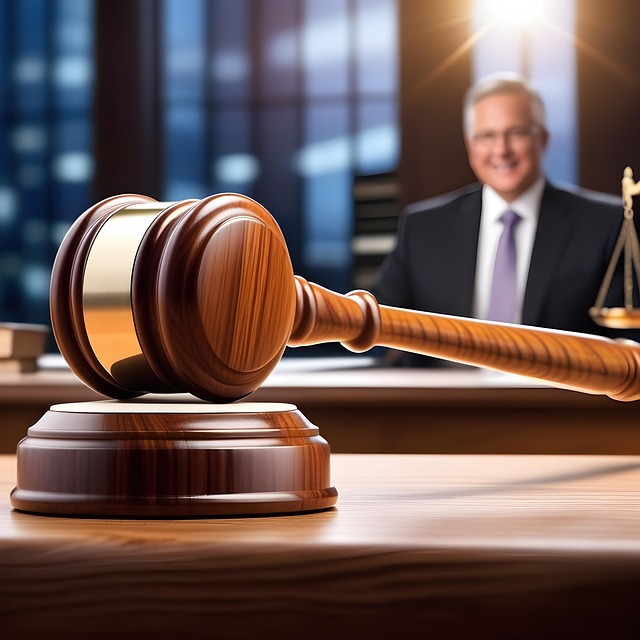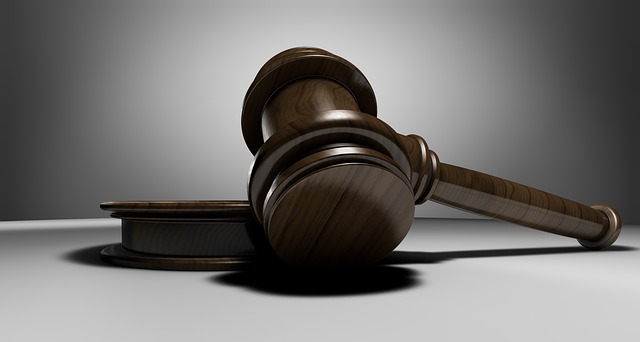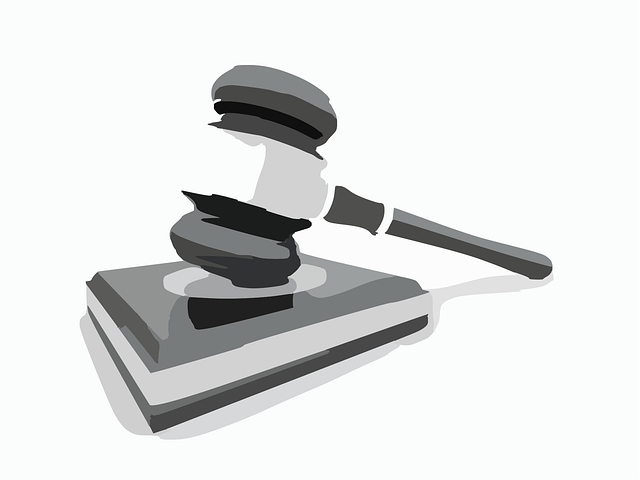Delve into the intricate world of criminal law cases and explore how due process shapes sentencing. This comprehensive guide examines the fundamental principles behind understanding criminal law, with a focus on ensuring justice through fair procedures. Discover the significant impact of due process on sentencing decisions, highlighting the importance of procedural integrity. Through real-world case studies, we uncover the practical implications of due process, demonstrating its crucial role in mitigating errors and upholding the fairness inherent in criminal justice systems.
- Understanding Criminal Law Cases: A Foundation for Justice
- The Role of Due Process in Ensuring Fair Sentencing
- Impact of Procedural Errors on Sentencing Decisions
- Case Studies: Real-World Examples of Due Process in Criminal Law
Understanding Criminal Law Cases: A Foundation for Justice

Understanding Criminal Law Cases: A Foundation for Justice
Criminal law cases serve as the cornerstone of a just society, ensuring that individuals accused of crimes are afforded fair treatment under the law. At its core, criminal law aims to protect communities and uphold societal norms by imposing penalties on those who violate them. These cases involve intricate legal procedures, including arrest, indictment, pretrial hearings, and ultimately, jury trials or plea agreements. The journey through the criminal justice system is a complex process where every step is crucial in determining the outcome for both accused persons and victims.
One of the fundamental aspects that define these cases is due process—a constitutional principle guaranteeing fairness across the country. How due process affects sentencing is profound, ensuring that punishments are proportional to the crime, respectful of individual rights, and consistent with legal principles. For his clients’ interests, criminal defense attorneys play a vital role in navigating this system, challenging evidence, and advocating for their rights throughout jury trials, aiming to ensure a just resolution.
The Role of Due Process in Ensuring Fair Sentencing

The concept of due process plays a pivotal role in shaping fair sentencing within the criminal justice system. It ensures that individuals accused of crimes are treated equitably and have their rights protected throughout the legal process, from arrest to conviction and sentencing. Due process guarantees the right to a fair trial, providing defendants with opportunities to present evidence, confront accusers, and be judged based on substantial and reliable information. This process is essential in avoiding arbitrary or unjust decisions, especially in complex cases involving white-collar and economic crimes where the stakes can be high.
By adhering to due process principles, courts can achieve extraordinary results while maintaining transparency and accountability. This includes ensuring that sentencing is proportional to the offense, considering mitigating factors, and providing clear explanations for any deviations from standard guidelines. For instance, in cases where avoiding indictment might be a strategy, due process guarantees that any such decisions are made fairly, with proper legal considerations, thus preserving the integrity of the justice system.
Impact of Procedural Errors on Sentencing Decisions

In criminal law, procedural errors during the pretrial phase can significantly impact sentencing decisions, highlighting the critical role of due process in ensuring fairness. When defendants are denied their right to a fair trial due to procedural mishaps, such as inadequate representation or violations of discovery rules, it may lead to unfair sentencing outcomes. These errors can introduce bias into the system, affecting not only the guilt or innocence determination but also the subsequent punishment phase. The impact is particularly profound in high-stakes cases where an unprecedented track record of procedural integrity is expected.
The effect of these errors extends beyond individual cases and can reflect on the respective business of law enforcement agencies and courts. A history of procedural mishandling may erode public trust, undermining the legitimacy of the entire criminal justice system. As such, strict adherence to due process protocols is essential to maintain integrity and ensure that sentencing decisions are based on substantial evidence and respect for constitutional rights, free from undue influence or arbitrary outcomes.
Case Studies: Real-World Examples of Due Process in Criminal Law

In the realm of criminal law, case studies offer valuable insights into how due process impacts sentencing. These real-world examples highlight the delicate balance between protecting the rights of the accused and ensuring justice for victims. For instance, consider a recent high-profile case where a defendant faced multiple charges stemming from a violent crime. Through a robust defense strategy focused on challenging the evidence and procedural fairness, the attorney successfully argued that certain admissions were obtained in violation of the defendant’s Fifth Amendment rights. This led to a complete dismissal of all charges, demonstrating how due process can significantly affect the outcome, even in complex criminal law cases.
Moreover, these case studies also illustrate the potential for achieving extraordinary results through meticulous legal representation. In a separate scenario, a general criminal defense attorney demonstrated exceptional skill by uncovering procedural errors during the investigation phase. This led to the exclusion of critical evidence, weakening the prosecution’s case beyond repair. The defendant was acquitted, showcasing how due process considerations can lead to not only a fair trial but also the complete dismissal of all charges, serving as a testament to the power of legal advocacy in shaping sentencing outcomes.
In conclusion, a deep understanding of criminal law cases and the inherent role of due process is pivotal for ensuring just and fair sentencing. The impact of procedural errors highlights the critical need for meticulous adherence to legal principles, underscoring how due process acts as a safeguard against arbitrary decisions. By examining real-world case studies, we see the tangible effects of proper due process in mitigating procedural errors and upholding the integrity of the criminal justice system. Thus, it’s evident that How Due Process Affects Sentencing is not merely academic but a fundamental aspect shaping the lives of individuals involved in the criminal justice system.






